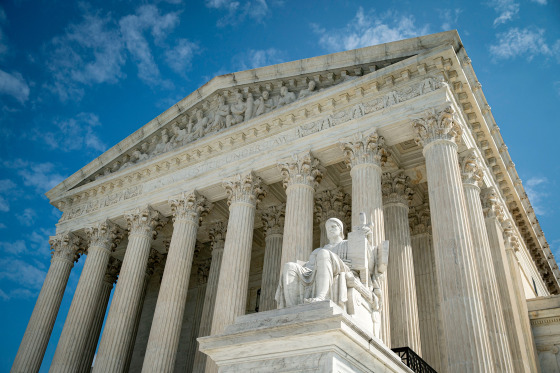
WashingtonOn Monday, the Supreme Court rejected arguments from a number of oil firms seeking to block a Hawaii case that aims to hold them responsible for climate change.
The ruling permits the Honolulu municipality to proceed with a widely followed litigation that asserts rights under Hawaii state law against corporations, such as Sunoco and Shell.
The businesses contend that state courts shouldn’t deal with climate change since it is fundamentally a federal law issue. Chevron, BP, and ExxonMobil are among the other corporations that were sued.
In October 2023, the Hawaii Supreme Court decided that the case could proceed, concentrating on the oil firms’ allegedly misleading public comments and marketing rather than the tangible effects of climate change.
Since the action does not aim to regulate emissions or seek damages for interstate pollution, the state court determined that it was not superseded by federal law.
The Supreme Court had been asked by the Biden administration to decline to hear the cases.
Businesses have been frantically attempting to stop towns across from bringing climate change claims in state courts. They have frequently resorted to the Supreme Court in doing so.
In 2021, the court decided in favor of businesses on a procedural matter involving allegations made by the city of Baltimore.
However, two years later, the justices rejected appeals filed by a number of businesses seeking to have the case moved to federal court, which is thought to be more business-friendly.
In a 2022 decision, the court’s conservative majority placed additional restrictions on the EPA’s power, hindering its capacity to address climate change on a national scale.
A 2011 decision in which the Supreme Court denied a federal common law lawsuit against corporations is also significant. At that time, the court decided that common law claims could not be made because of the Clean Air Act, which is the main federal legislation governing air pollution.
